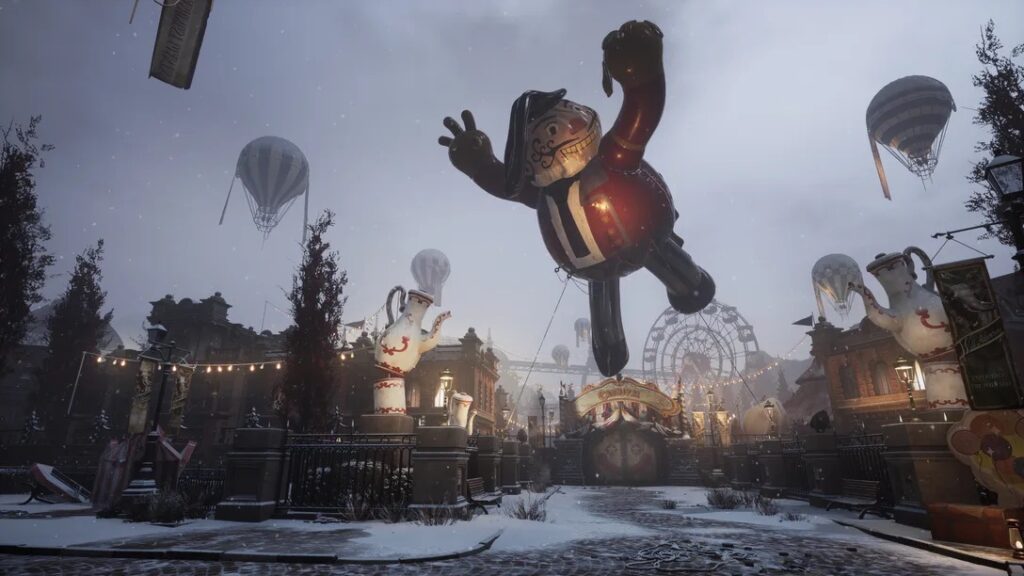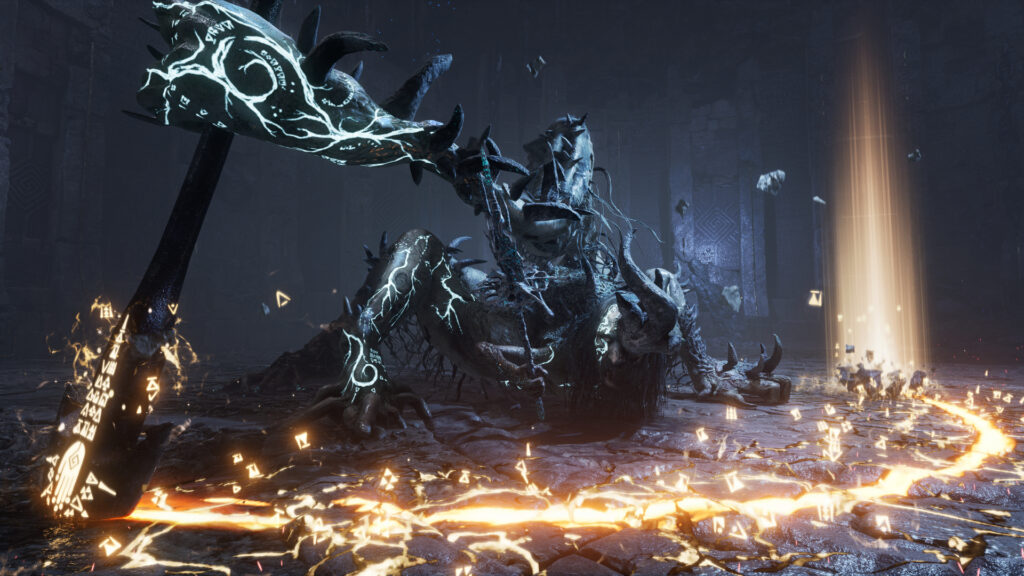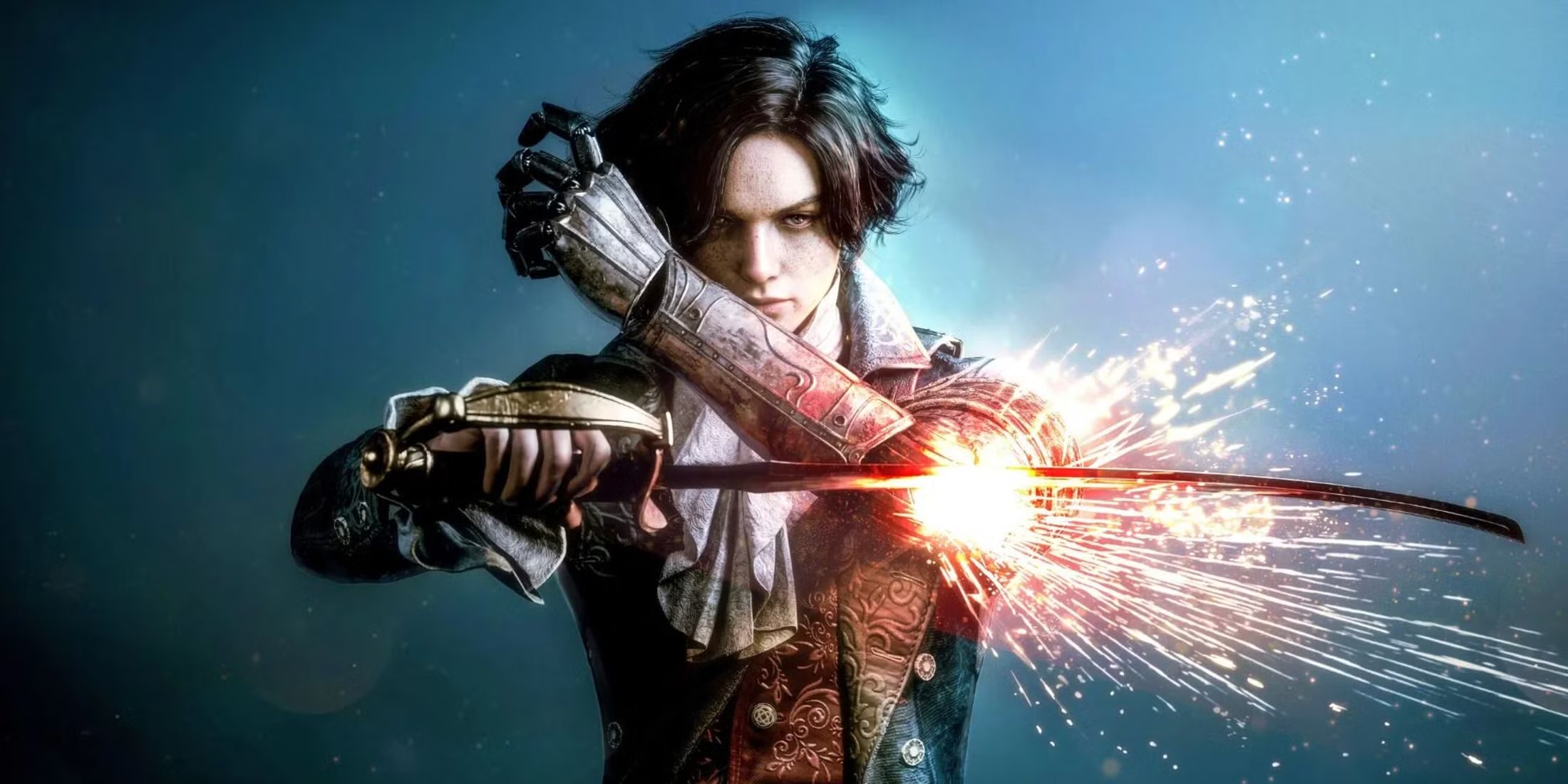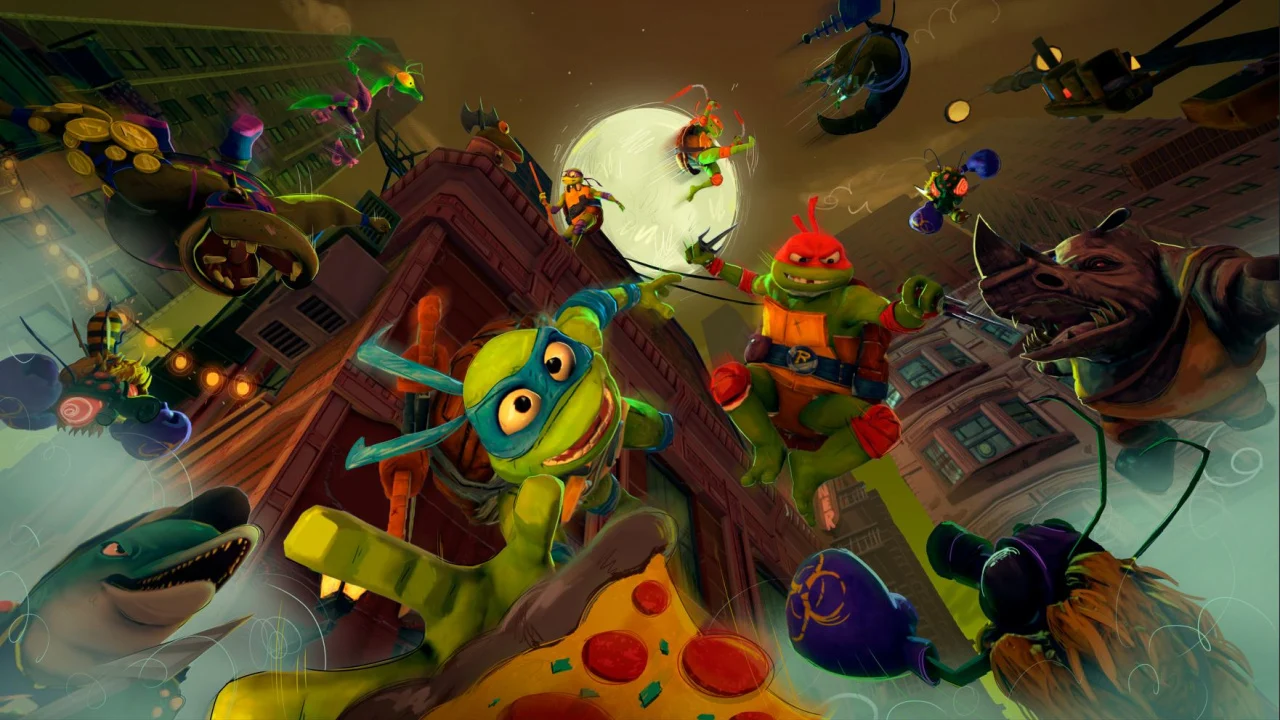If Lies of P felt like a masterfully orchestrated, puppet-fueled tragedy when it launched in 2023, its first major DLC, Overture, is the haunting encore that no one asked for but every fan should experience. Expanding on the original game’s richly gothic aesthetic and emotionally fraught storytelling, Overtureis a 12-hour descent into familiar but deeper darkness. It doesn’t reinvent the soulslike genre, nor does it drastically alter the foundation that made Lies of P such a standout in a crowded field. Instead, it leans confidently into what worked, offering new horrors to conquer, more broken monsters to dissect, and just enough narrative reveals to justify returning to the cursed streets of Krat.

Set before the events of the base game, Overture functions as a time-traveling prequel, threading new perspectives through the larger tale. Players revisit Krat at its breaking point, discovering a world even more fragmented and grotesque than before. Though it’s technically a side story, the expansion is anything but throwaway. In fact, it dives into existing lore with such weight that you’ll walk away with a deeper understanding—and appreciation—for the fib-filled tragedy at the heart of Pinocchio’s grim reimagining.
What’s striking about Overture is how confidently it carries forward the tone and tempo of the main game. The DLC’s new locations range from macabre to outright surreal, and they’re populated with enemies that feel as twisted and mournful as anything from the original. One standout section has you trudging through a deranged zoo, where apes, elephants, and a disturbingly massive alligator all serve as unwilling combatants. Elsewhere, you’re skidding across a treacherous frozen lake, dodging cannon fire from mariner puppets that wouldn’t feel out of place in a nightmarish Peter Pan spin-off. These moments are as cinematic as they are brutal, pulling players into a dreamlike rhythm of wonder, despair, and death.
Yet, for all its inspired additions, Overture isn’t afraid to recycle. Several enemy types make their return—feral puppet dogs and shambling humanoid automatons still lurk in the shadows—and certain environments echo too closely to those from the base game. A carnival-themed segment in particular feels like a variation on a theme we’ve already heard. It’s not enough to derail the experience, but it does create an occasional feeling of déjà vu, especially for those who explored Krat thoroughly the first time around.

The gameplay remains as sharp as ever, with Lies of P’s excellent combat system preserved and polished. The weapon crafting is still a standout, and new armaments introduced in Overture offer players fresh combinations to tinker with. From flame-spitting blades to jagged clubs forged from mechanical jaws, the tools of destruction are just as creative—and grotesquely beautiful—as the enemies they’re meant to destroy. Combat encounters feel tight and weighty, with bosses that deliver the punishing yet fair challenge fans expect from the genre. One particular late-game boss evokes the visual splendor and sheer terror of Bloodborne’s most infamous nightmares, leaving a lasting impression long after the fight is over.
Narratively, Overture succeeds in both expanding the world and tightening the story. It introduces a mostly new cast of characters, some of whom are as tragic and complex as Geppetto himself. While you need to have reached a specific point in the main story to access the DLC, it’s crafted with enough care that even returning players who’ve been away from the game won’t feel lost. Instead, you’re eased back into the fold with dialogue and environmental cues that remind you why this tale of puppets and lies managed to resonate so deeply in the first place. The DLC also answers a few long-standing questions from the base game, and while it doesn’t deliver every answer wrapped in a neat bow, the new revelations are satisfying and, at times, shocking.

Visually, Overture continues the series’ tradition of grotesque beauty. The design leans heavily into decayed grandeur—every shattered statue, flickering streetlamp, and bloodied puppet frame tells a story. It’s full anime in tone when it wants to be, and that theatrical flair works to its advantage. The game knows when to go big and when to pull back, balancing bombastic set pieces with intimate moments of horror and melancholy.
Lies of P: Overture may not rewrite the soulslike playbook, but it doesn’t need to. Like a marionette that knows its stage cues by heart, it delivers a performance that’s confident, calculated, and deeply compelling. It doesn’t try to be more than it is—it just gives fans more of what made the original great, with a few surprises along the way. If this is the overture, we can’t wait for the next act.




